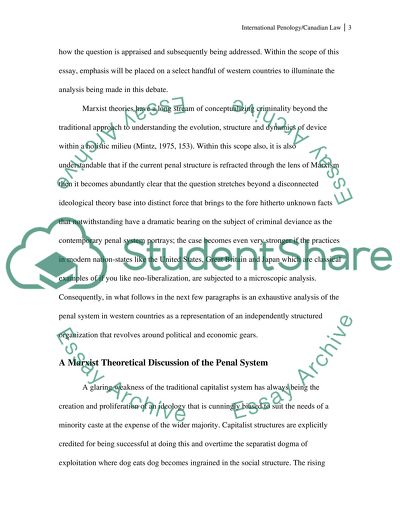Cite this document
(International Penology - Canadian Law Term Paper, n.d.)
International Penology - Canadian Law Term Paper. Retrieved from https://studentshare.org/law/1552652-international-penologycanadian-law
International Penology - Canadian Law Term Paper. Retrieved from https://studentshare.org/law/1552652-international-penologycanadian-law
(International Penology - Canadian Law Term Paper)
International Penology - Canadian Law Term Paper. https://studentshare.org/law/1552652-international-penologycanadian-law.
International Penology - Canadian Law Term Paper. https://studentshare.org/law/1552652-international-penologycanadian-law.
“International Penology - Canadian Law Term Paper”. https://studentshare.org/law/1552652-international-penologycanadian-law.


